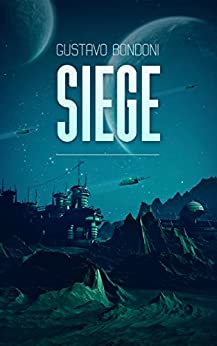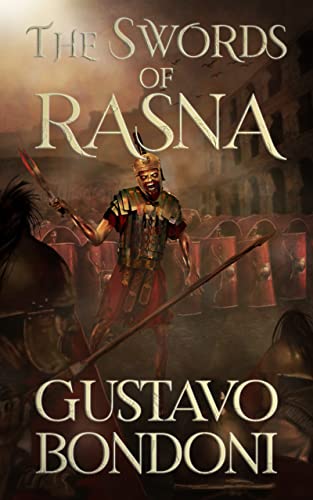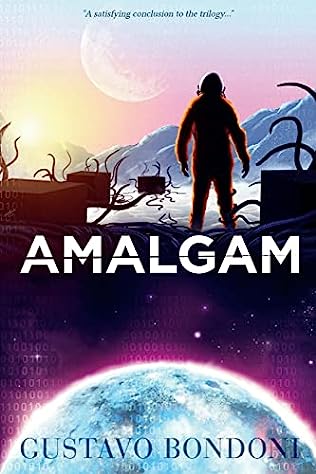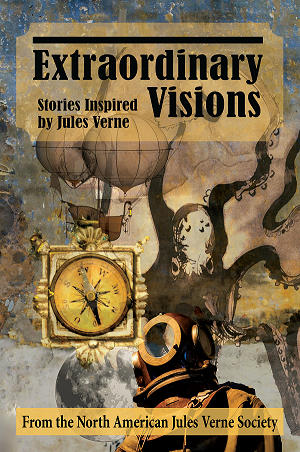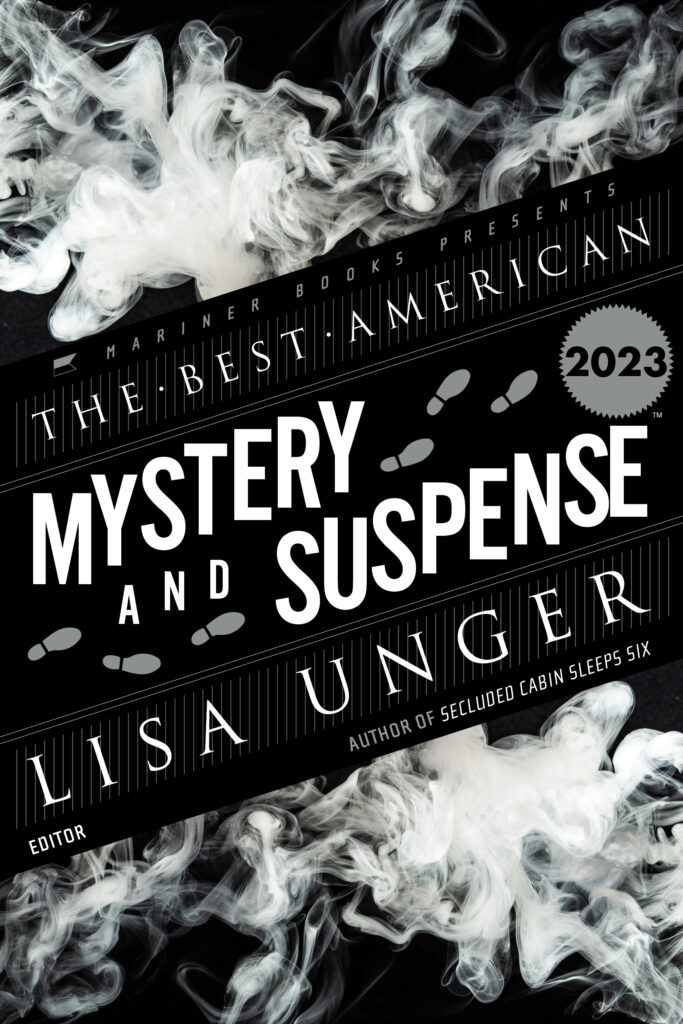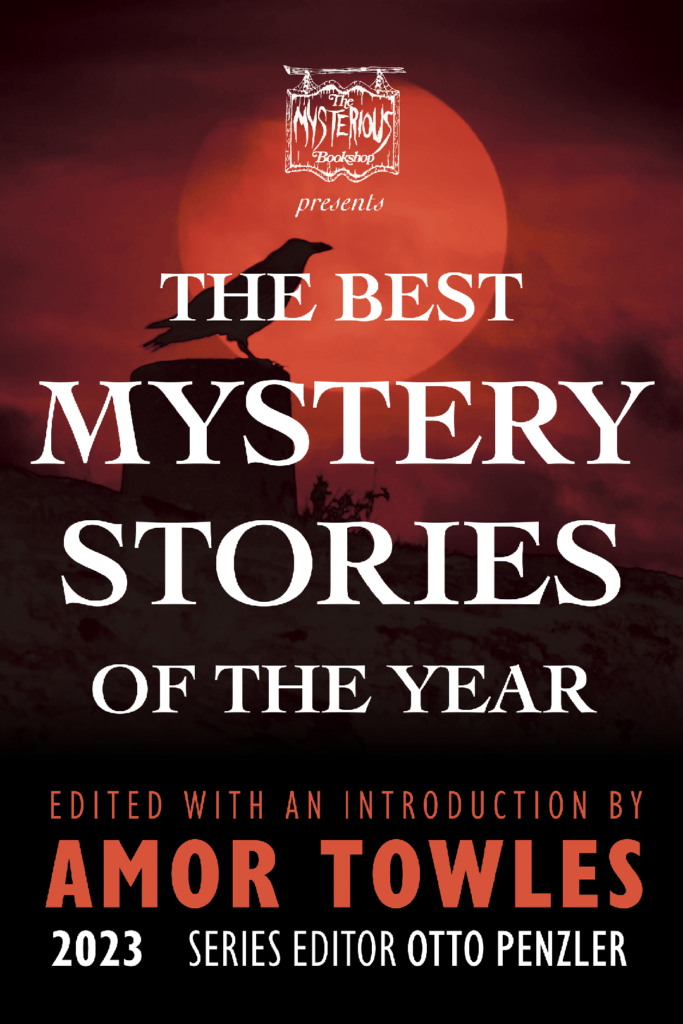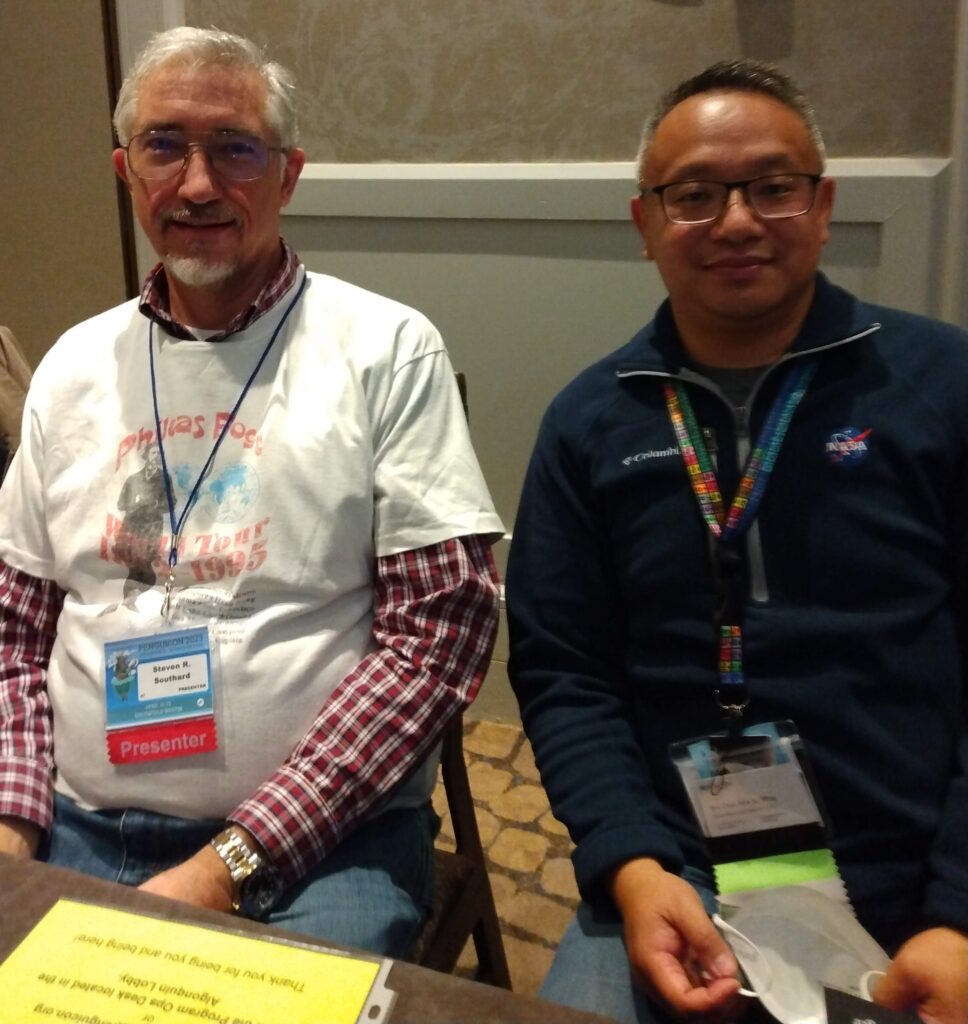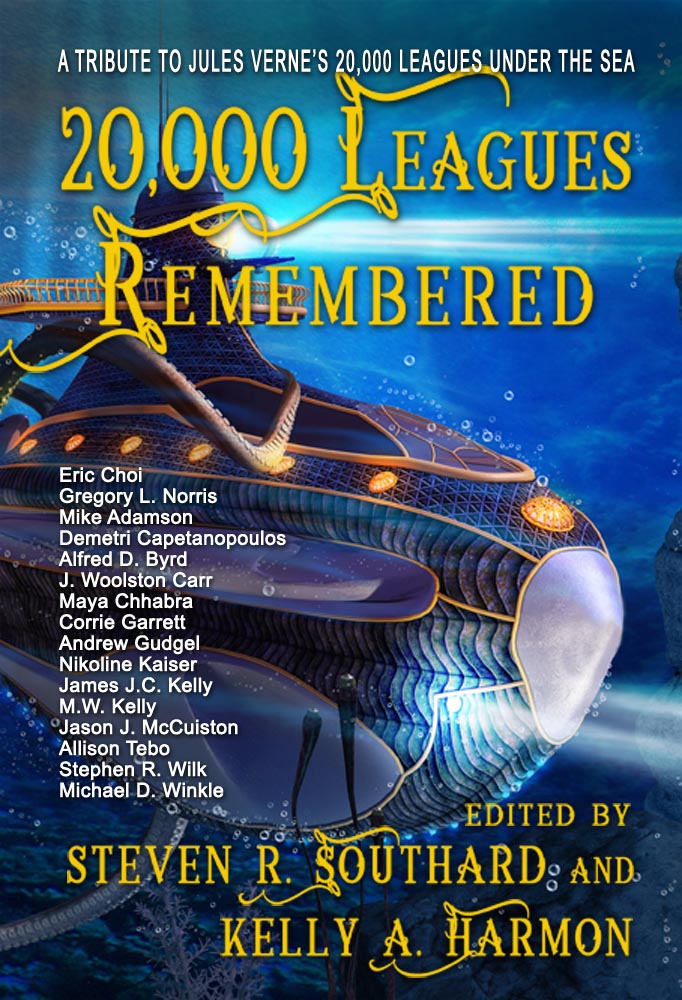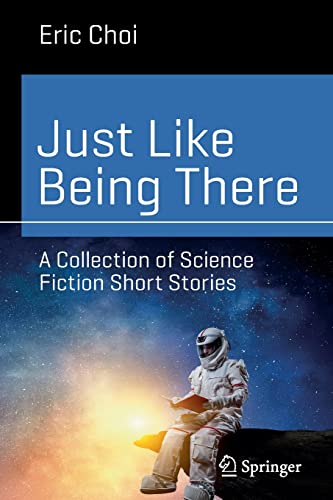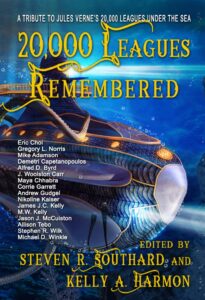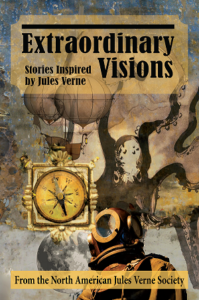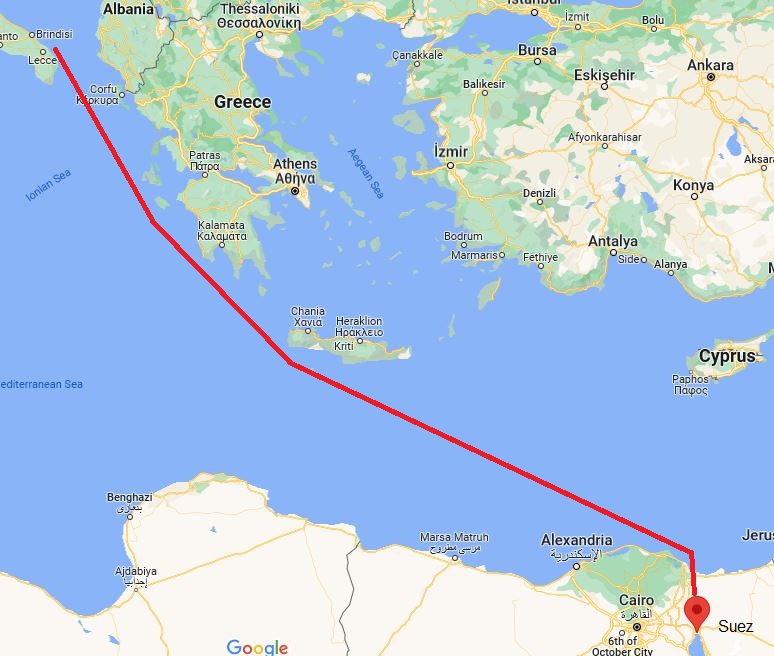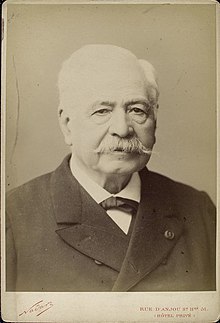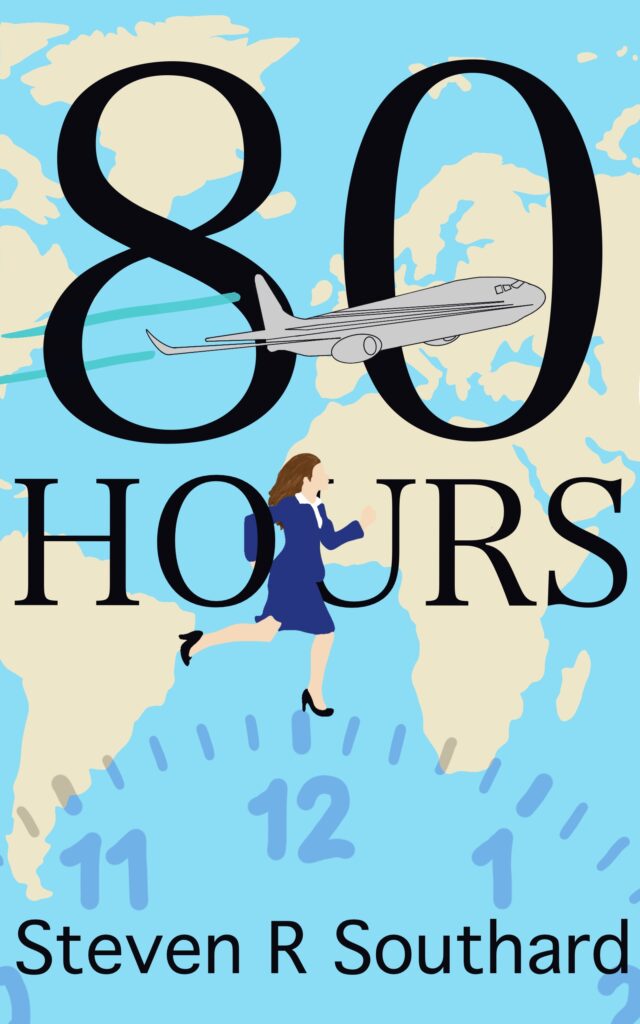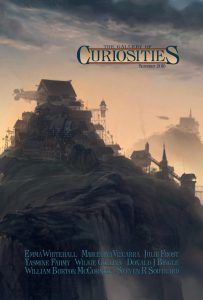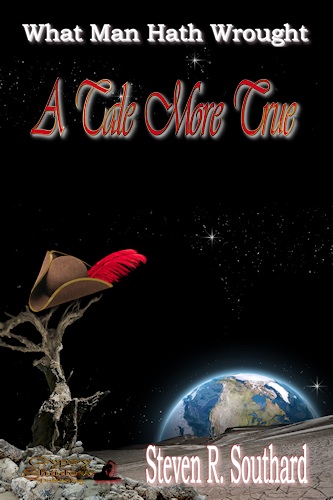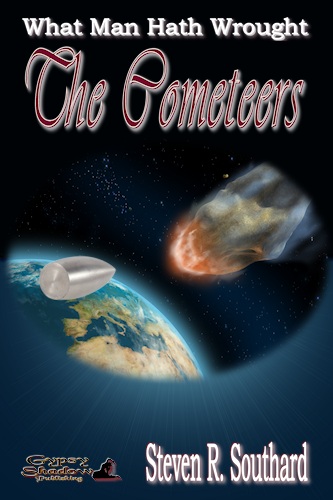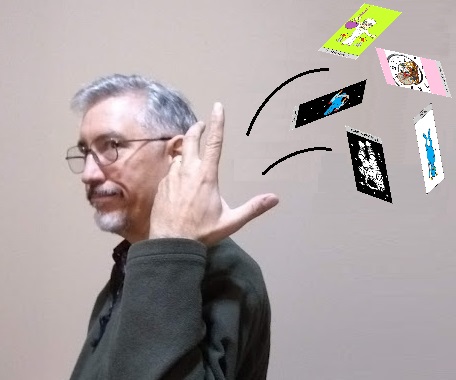The Extraordinary Visions anthology included stories by many fascinating authors. Today I had the opportunity to interview another one. Gustavo Bondoni is one of the most prolific writers I’ve ever interviewed, and you’re about to find out the secret of his story-writing success.
Gustavo Bondoni is a novelist and short story writer with over four hundred stories published in fifteen countries, in seven languages. He is a member of Codex and an Active Member of SFWA. He has published six science fiction novels including one trilogy, four monster books, a dark military fantasy and a thriller. His short fiction is collected in Pale Reflection (2020), Off the Beaten Path (2019), Tenth Orbit and Other Faraway Places (2010) and Virtuoso and Other Stories (2011).
In 2019, Gustavo was awarded second place in the Jim Baen Memorial Contest and in 2018 he received a Judges Commendation (and second place) in The James White Award. He was also a 2019 finalist in the Writers of the Future Contest.
His website is at www.gustavobondoni.com
Let’s get to the interview:
Poseidon’s Scribe: How did you get started writing? What prompted you?
Gustavo Bondoni: I think I was always a storyteller. I remember telling my poor younger brother space adventure stories when we were four and two respectively (he was still too small to defend himself… now, he’s six-nine and difficult to corner). Writing was a natural offshoot of that aspect of my personality.
P.S.: With over 400 stories published, in 15 countries, in 7 languages, you’re not only multilingual, but prolific. What’s your secret?
G.B.: I believe that there are two secrets to writing: reading a lot and writing a lot. The first is self-explanatory, but the second seems to be the one writers are always having trouble with. My secret is not to accept any excuses from myself. I have a word count that I aim for every weekday, and that wordcount is obligatory, rain shine or anything in between. No excuses. The secret there is that the wordcount doesn’t need to be massive. It needs to be something you can hit, day in and day out.
P.S.: Who are some of your influences? What are a few of your favorite books?
G.B.: I love the optimistic feel of Golden Age SF in which one of the basic tenets seemed to be that humans could overcome pretty much anything. Writing and characterization have evolved since then, but the attitude and the positivity are still wondrous today. My favorites from that era have to be Asimov’s Robot Novels as well as Foundation.
A completely different set of influences are humorous tales. I love the Hitchhiker’s Guide to the Galaxy books in the genre (and I know large swathes of them by heart), but I also enjoy things like Wodehouse.
P.S.: Your novel Siege is getting favorable reviews. The last remnants of humanity huddle in a remote sector of the galaxy, hiding from powerful and malevolent aliens. Tell us about the protagonist of this book.
G.B.: Kan Tau Osella is, in certain ways, a typical science fiction protagonist in the sense that she is thrown into an extraordinary situation. But, though she isn’t a senior member of her society, she is anything but ordinary and her talent allows her to grow into her new responsibilities fast enough to make a huge difference. Whether that will be enough—she is in extremely deep, after all—is what the novel is all about.
P.S.: How did you become interested in writing science fiction in particular? Aside from SF, in what other genres have you written?
G.B.: I’ve loved SF since childhood. I’m a kid from the era of the original trilogy of Star Wars, and my parents’ house is still full of old Star Wars men. In books, I was more of a mystery reader until I fell into Asimov’s arms at the age of ten and was hooked forever.
I write across genres. I do fantasy and horror—people seem to enjoy my monster books—and even go way outside the lines occasionally. I’ve got a couple of literary books composed of linked short stories, and even a thriller called Timeless.
P.S.: Though much of your writing is futuristic science fiction, your novel The Swords of Rasna seems more like alternate history. Is that true? Give us a brief description.
G.B.: It is! This one was inspired by the fact that so little is known about the Etruscan people (their language still stands undeciphered). I love the idea of Romans fighting against the civilization that inspired so much of their culture.
P.S.: You write a lot, but the racecar paintings on your website also drew my eye. Each painting uses vivid colors and seems to evoke high speed. In what way, if any, does your interest in painting intersect with your writing?
G.B.: Those are colored-pencil drawings! The cars are kind of a last resort… when I’m too tired to write or even read, and I’m not in the mood to watch TV, I draw a little, and find that it helps!
P.S.: You’ve recently published the novel Amalgam, the third book of a trilogy. Tell us about it.
G.B.: This trilogy takes the current trends of technical advance in media and entertainment, and drops the endgame of that progress into a universe in which Earth has established colonies in several star systems. The tension between two very different forms of existence makes life extremely difficult for the characters. And the fact that you’ve got virtual and physical members of the same society a lot more complicated.
P.S.: In what way is your fiction different from that of other authors in your genre?
G.B.: I think a lot of current SF is doom and gloom. While I know that science fiction is supposed to be a way to comment on the present by writing about the future, I prefer to comment on the hopeful parts of the present as opposed to the bad stuff. Yes, humanity is facing challenges, but I sincerely don’t believe they are anywhere near terminal or even particularly bad compared to some of the things we’ve already survived.
P.S.: Did you really sell a story to the upcoming anthology Real Stories of the United States Space Force? Are the rumors true that there are stories by some other big-name authors there?
G.B.: Yes. And yes, there are some writers in there that I love, and that I was reading before I ever sold a story. It’s going to be a good volume, and I can’t wait to see what the rest of them thought up. And the lineup includes Larry Niven and Harry Turtledove among others… it’s going to be epic!
P.S.: What are the easiest, and the most difficult, aspects of writing for you?
G.B.: Easy: thinking up ideas that sound great in the middle of the night.
Difficult: turning those ideas into something that reads well when I’m editing the stupid thing!
P.S.: For the Extraordinary Visions: Stories Inspired by Jules Verne anthology, you chose a little-known pair of Verne novels as the inspiration for “Old Soldiers.” Tell us about the Verne backstory for your tale and its two main characters.
G.B.: The Steam House was a two-part Verne novel about an English soldier who builds a mechanical elephant to drag a house (mounted on wheels) around all over India, along with his Indian companion (a man who is technically a servant but is much more than that in reality). They (men and house) have some extraordinary adventures before the soldier decides to retire in his beloved India. However, the advent of the First World War rekindles the fire of obligation in the breast of the British officer, and he decides to serve in the only way he can.
Poseidon’s Scribe: What advice can you offer aspiring writers who hope to get as much published as you have?
Gustavo Bondoni: My main piece of advice is always the same: read, read, read. If you’ve watched every Netflix series produced since the platform pivoted to a streaming model, you might have a good sense of dialogue and dramatic timing, but if you want to write books as opposed to scripts, you’ll need to have an instinctive grasp of how things should sit on a page. The only way to do that is to read everything you can get your hands on. And then, see above: give yourself a word count objective and stick to it.
Poseidon’s Scribe: Thanks, Gustavo. Looks like I need to quit making excuses for missing my wordcount goal.
Readers can find out more about Gustavo Bondoni at his website, his blog, Facebook, Twitter, Amazon, Goodreads, and also at Fantastic Fiction. The Internet Speculative Fiction Database contains a list of his short fiction.


